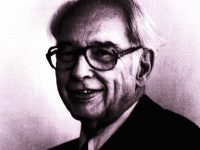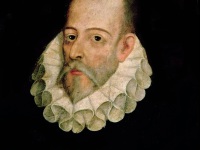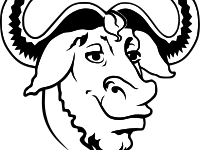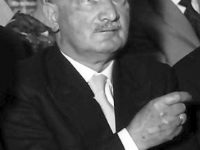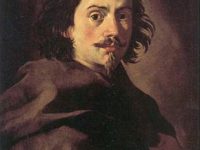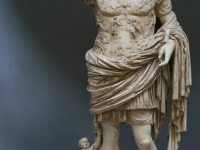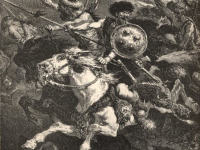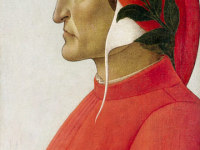John Vincent Atanasoff and the first Electronic Digital Computer
On October 4, 1903, American physicist and inventor John Vincent Atanasoff was born. He is best known for being considered as one of the inventors of the electronic digital computer. Even computer scientists most probably haven’t heard anything of this computer pioneer. Of course you will have heard about Alan Turing [5] or John von Neumann,[6] who are traditionally referenced as being the fathers of modern computers. Maybe, in case you are German, then you might…
Read more

